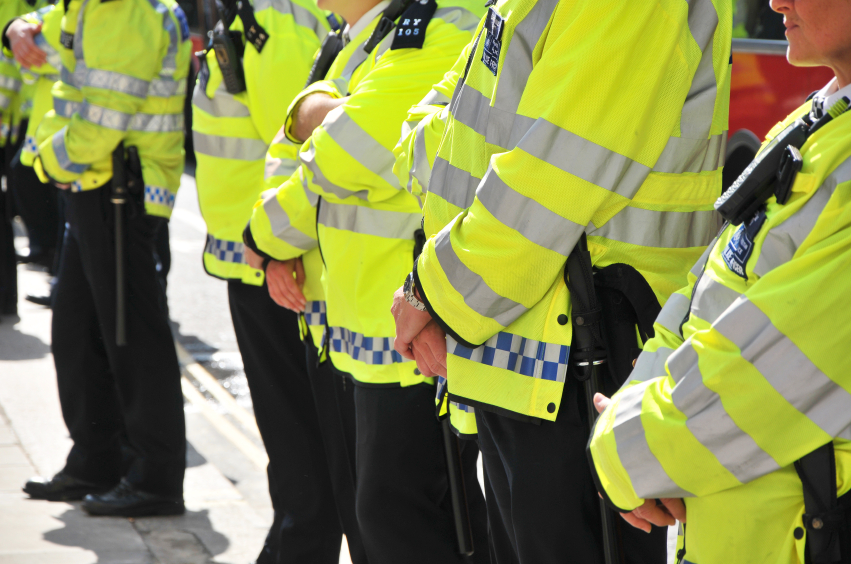The Metropolitan Police have announced their renewed plan to tackle violence against women and girls and restore public trust in the force public following the murder of Sarah Everard.
The plan outlines the force’s commitment to rooting out unacceptable behaviour by its officers, including through expediting the rollout of new warrant cards and exploring the possibility of members of the public being able to scan passes to check authenticity.
Speaking to the PA news agency, the assistant commissioner Louisa Rolfe said: ‘I’m devastated when I see poor behaviour and I’m really sad because I know that a very small number of people are attracted to policing for the wrong reasons, for the power the uniform might afford them and they might use that and abuse that power to abuse victims and that makes me very, very sad.
‘But it makes me ever more determined to root it out and ensure that people can trust the police service because the vast majority of us care a great deal about this and we want to work with women and girls across London to ensure their safety.’
These plans have been criticised by women’s safety groups for putting the onus on members of the public, and women in particular, for having to carry out such checks. The Director of the End Violence Against Women Coalition Andrea Simon has said in response to these proposals: ‘There is a significant power imbalance to these interactions and the responsibility is squarely with leaders in the police to ensure their own vetting systems and procedures root out officers who are abusing their powers for sexual gain – the biggest form of police corruption currently investigated by the police complaints body.’
This proposal comes just weeks after a report by Her Majesty’s Inspectorate of Constabulary found that more than 2,000 warrant cards issued to personnel who had since left the force are unaccounted for.
The Action Plan also sets out the Met’s investment in their Directorate of Professional Standards, increasing the number of investigators and creating a new team focused on investigating allegations of sexual misconduct and domestic violence by officers.
Assistant Commissioner Louise Rolfe said of these plans: ‘We are investing in our professional standards and will make sure we are as robust as we can be in rooting out officers who should not be serving.’
This expansion of the DPS was announced just hours before the Met revealed misconduct proceedings have been ongoing against a senior officer who raped and assaulted two women.
As well as setting out plans to root out officers who pose a threat to women and girls, the Met have also laid out their proposals to improve the numbers of perpetrators brought to justice for violence against women, improve processes and victim care across the justice system and reduce the numbers of women and girls becoming repeat victims. These include the creation of ‘Predatory Offender Units’ and piloting a GPS tagging system for high-risk domestic abuse perpetrators.
This comes in the context of recorded domestic abuse cases in London increasing by 26 per cent in the past five years, and the well reported delays in criminal justice outcomes for rape and sexual offences across the board.
Baroness Casey of Blackstock is currently undertaking a review into the culture and standards of the Met Police following the murder of Sarah Everard by serving officer Wayne Couzens. The review is expected to reveal the extent to which the leadership, recruitment, vetting, training, communications and disciplinary processes support inappropriate behaviour by officers.







